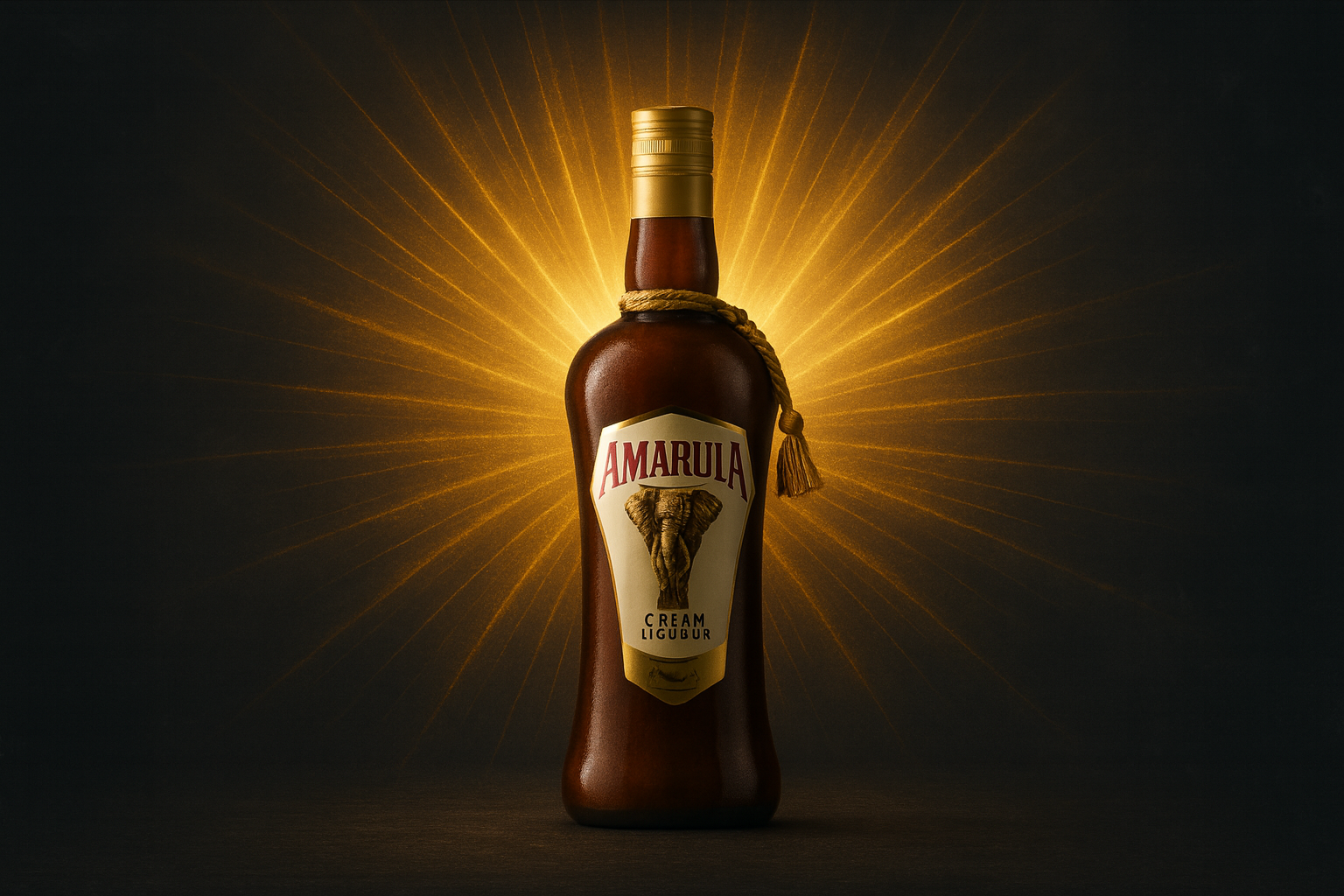High Court confirms dilution protection for famous marks
21 November 2024 – Southern Liqueur Company Ltd v Noble Spirits (AFRULA)
The Western Cape High Court has handed down an important decision for brand owners: Southern Liqueur Company Ltd v Noble Spirits (Pty) Ltd [2024] ZAWCHC 387. Distell’s subsidiary, owner of the famous AMARULA cream liqueur brand, successfully interdicted Noble Spirits from launching a marula cream liqueur under the name AFRULA.
This decision reinforces dilution protection for well-known brands under section 34(1)(c) of the Trade Marks Act 194 of 1993 – even absent proof of economic loss.

The Facts
-
The senior mark: AMARULA, on the market since 1989, with over 16 million litres sold and extensive advertising spend (over R373m in the last decade). Widely recognised as South Africa’s market-leading cream liqueur.
-
The junior mark: AFRULA, applied for registration in Class 33 (alcoholic beverages) and intended for a cream liqueur. The get-up included African-themed motifs and a side-profile device that Distell argued resembled an elephant – evoking AMARULA’s branding.
-
Claims by Distell: The interdict application was founded on:
-
Infringement under section 34(1)(a) (identical or confusingly similar marks for identical goods).
-
Dilution under section 34(1)(c) (unfair advantage or detriment to a well-known mark’s reputation).
-
Passing off, at common law.
-
The Court’s Findings
1. Confusion: s 34(1)(a)
The court compared AMARULA and AFRULA globally (sound, look, meaning). Both start with “A” and end with “RULA”. The “general visual impression” was that the marks were strikingly similar, particularly on identical goods (cream liqueurs). A likelihood of confusion was found.
2. Dilution: s 34(1)(c)
The judge emphasised that s 34(1)(c) is not about confusion but about protecting a mark’s distinctive character and reputation. Key points:
-
Well-known status confirmedAMARULA is indisputably well-known in South Africa.
-
The similarity of AFRULA was “easily recognisable” and would establish a link in consumers’ minds.
-
Use of AFRULA would likely take unfair advantage of AMARULA’s selling power and advertising value, and could dilute its uniqueness by associating the premium brand with cheaper alternatives.
This aligns with a growing trend in South African dilution jurisprudence: actual economic loss need not be shown; it’s enough that the mark is likely to gain unfair advantage from the senior mark’s repute.
3. Passing Off
The passing-off claim failed – but only because AFRULA had not yet launched in the South African market. The court noted that without goods on shelves, there was no misrepresentation “in trade” yet. Importantly, it left the door open: if AFRULA entered the market, misrepresentation and damage would be highly likely.
Why This Case Matters
This decision solidifies the trajectory of South African trademark law toward stronger protection against dilution, particularly for famous marks. Consistent with cases like Cape Cookies and Dulux v Dumax, Amarula v Afrula underscores:
-
Dilution without proven harm: Showing a likelihood of unfair advantage or detriment suffices.
-
“Egregious mimicry” doctrine: Courts are alert to intentional attempts to free-ride on established brands.
-
Reputation as foundation: Claims fall flat without demonstrable brand recognition.
Practitioner’s Practice Note: Dilution in South Africa Today
Recent dilution jurisprudence signals a powerful evolution:
-
Earlier cases (Laugh It Off, Adidas) required proof of actual economic harm for dilution to succeed.
-
Current line of authority (Cape Cookies 2023 SCA, Dulux v Dumax 2023 HC, Amarula v Afrula 2024 HC) dispenses with this requirement – likelihood of unfair advantage is enough.
-
But it’s not carte blanche: Courts deploy dilution carefully, targeting clear and deliberate mimicry that exploits a senior mark’s fame.
-
Reputation remains the bedrock: Without extensive use, advertising, status, or sales, dilution claims will fail.
Lessons for Brand Owners
-
Fame is power: the stronger and better-known the brand, the wider its protection – even across different markets.
-
Dilution ≠ confusion: you don’t need to show consumers are misled; exploiting reputation is enough.
-
Intent matters: courts will infer unfair advantage if a junior brand seems designed to trade on a famous mark.
-
Early opposition is key: stopping AFRULA at the registration stage avoided a costly fight once the product hit shelves.
Closing Thought
Amarula v Afrula confirms that South African courts are ready to enforce dilution robustly. For famous brands, this means stronger protection of reputation and distinctiveness. For newcomers, it’s a warning: adopting a name that even “calls to mind” a famous brand risks being blocked – not only for confusion, but because the law now treats unfair free-riding as enough to justify relief.







